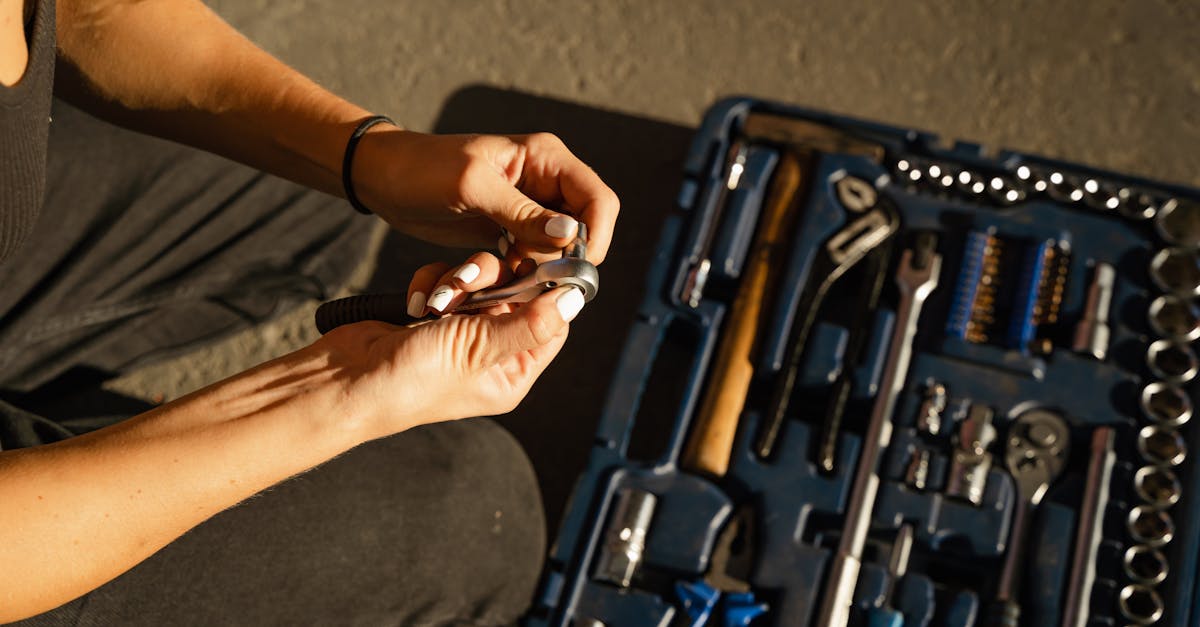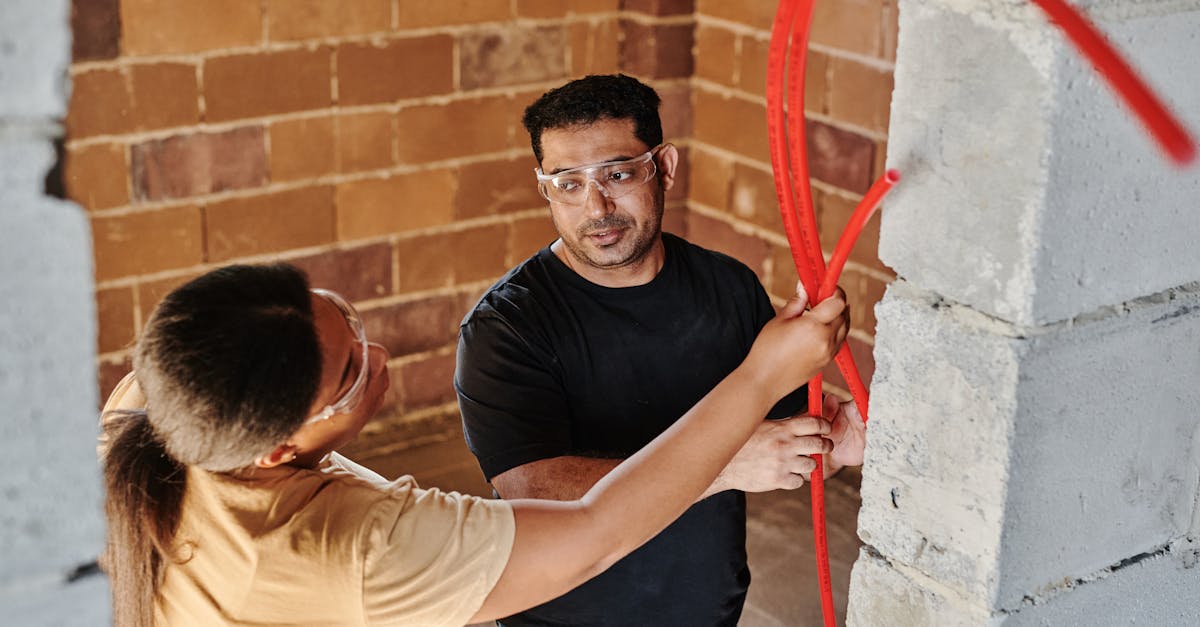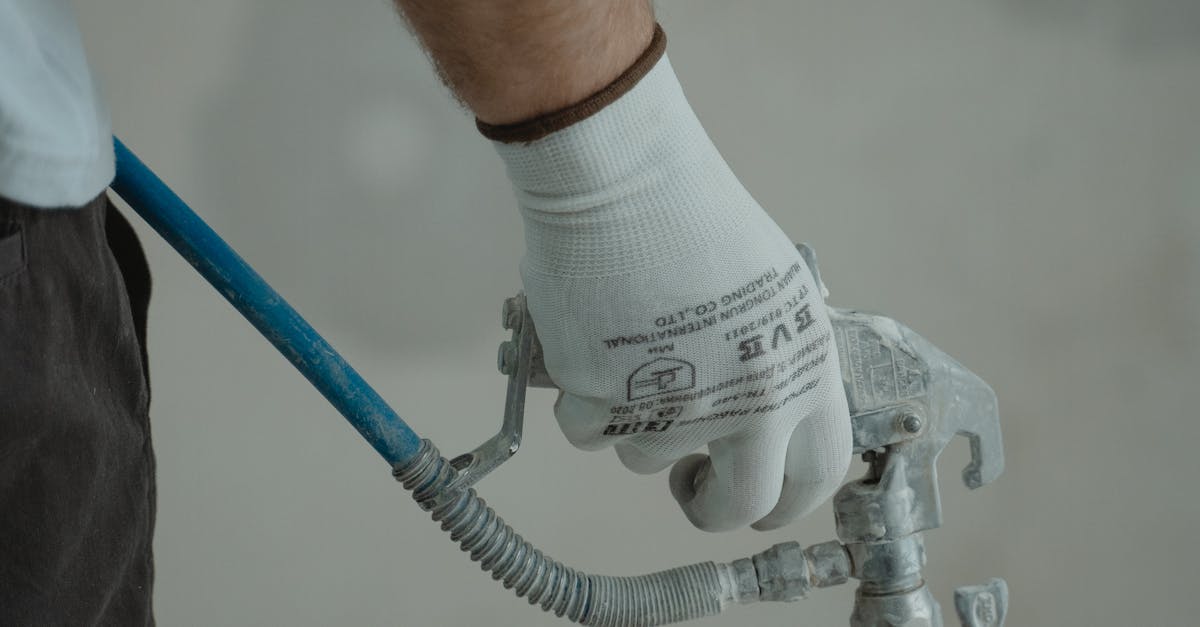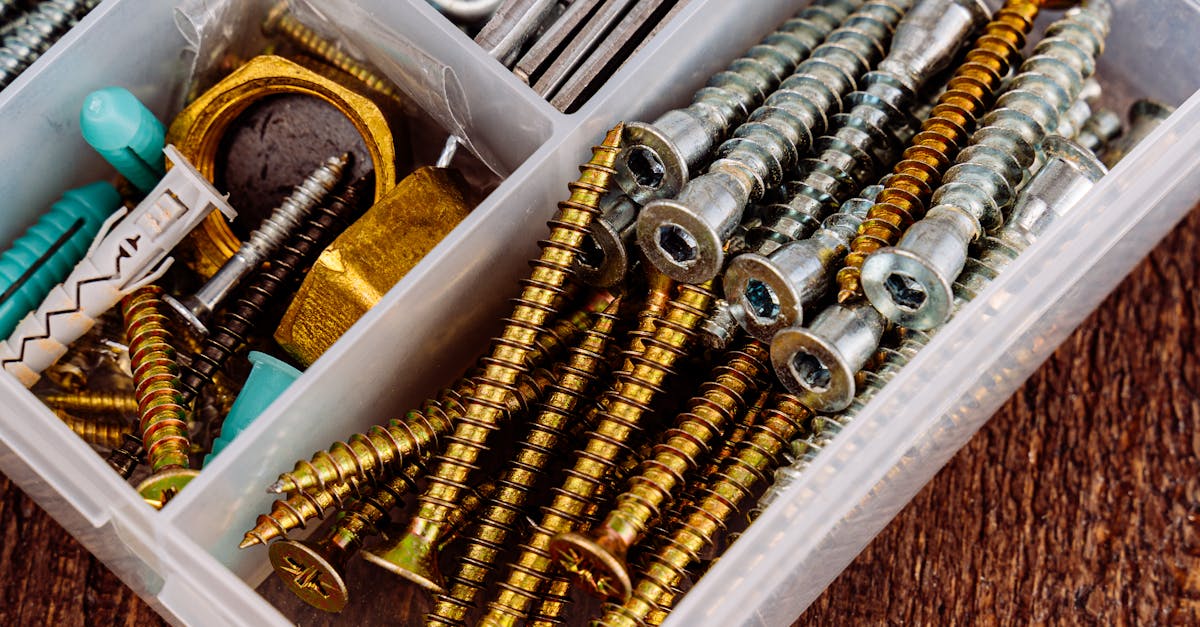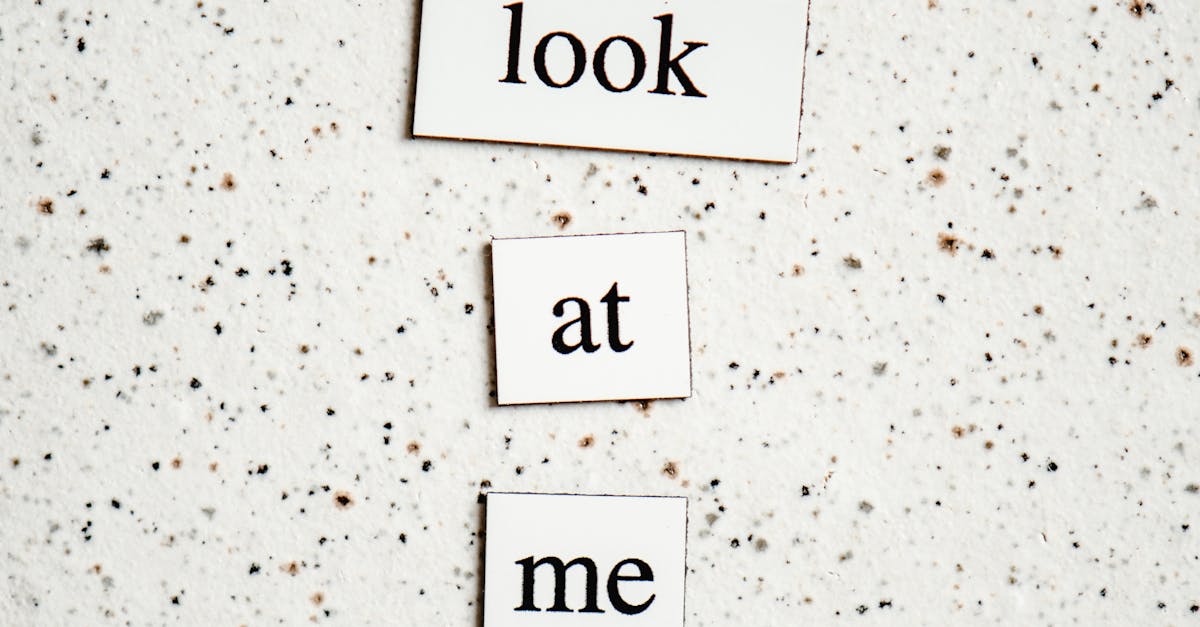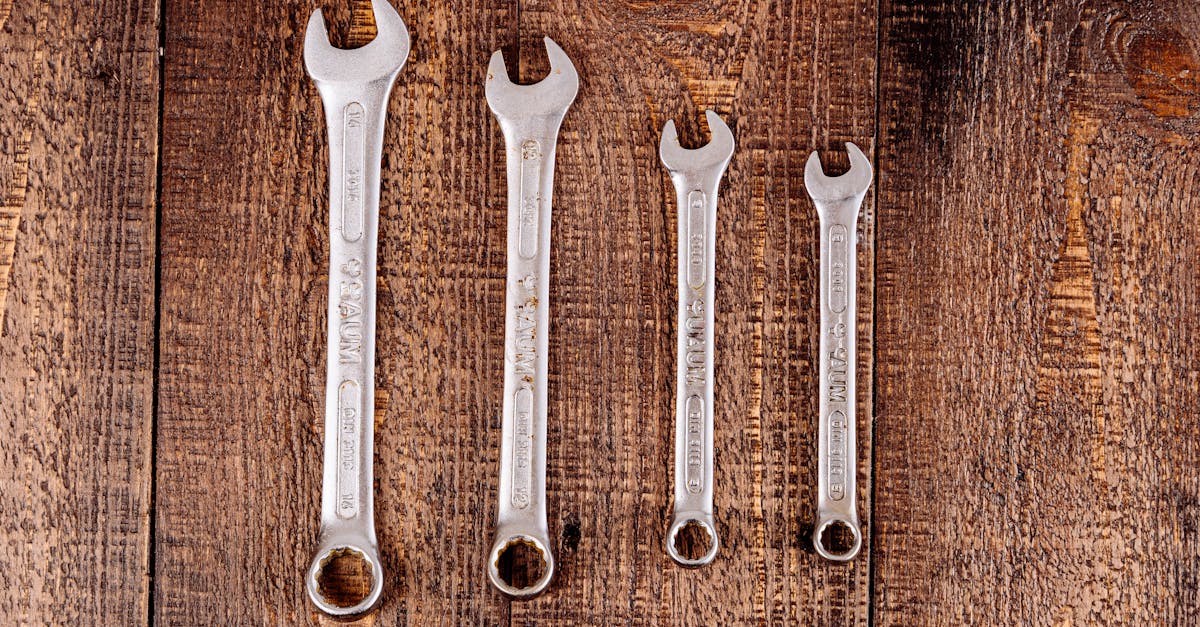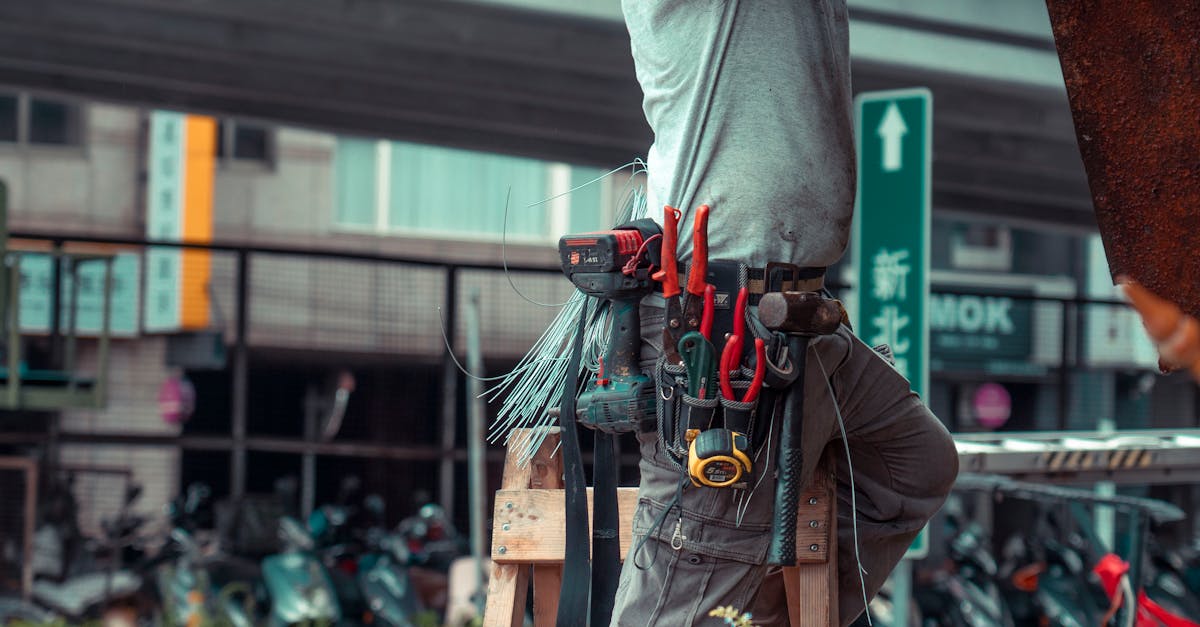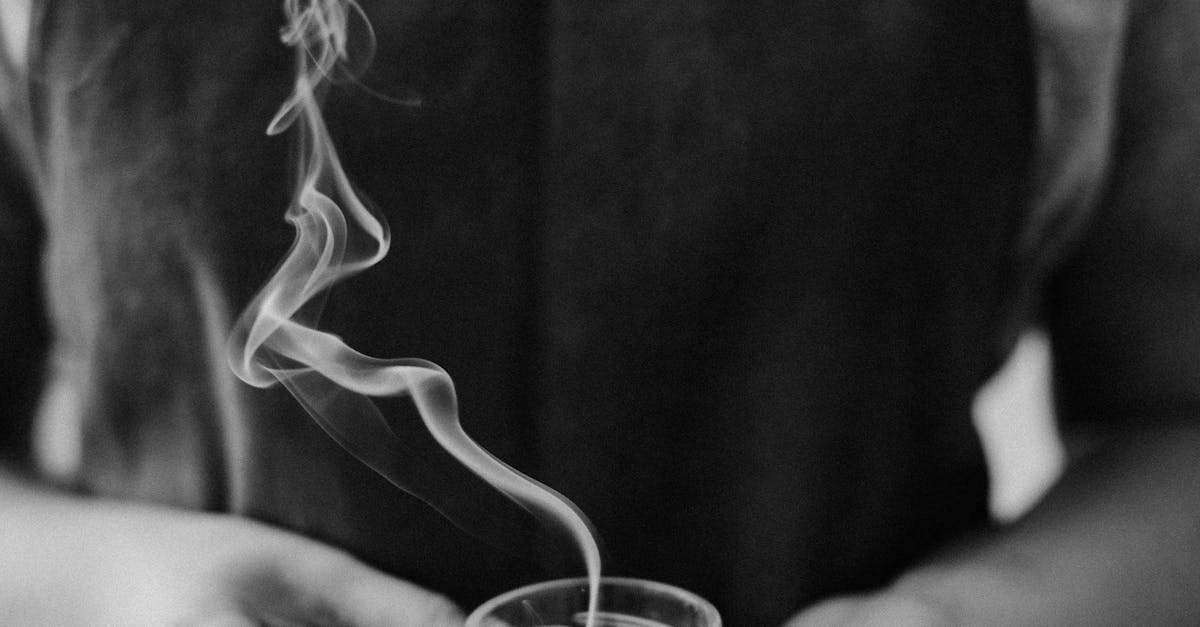
Table Of Contents
Evaluating Water Damage
When a shower leaks, the initial step is to assess the extent of the water damage. Inspect areas surrounding the shower, including walls, ceilings, and floors. Look for signs such as discoloration, peeling paint, or mold growth, as these indicate that water has penetrated the materials. Check for any dampness in the bathroom that might suggest ongoing issues. Understanding the current state of your space can help determine the urgency of the situation and the need for immediate shower repairs.
It's also essential to consider structural damage that may not be visible at first glance. Water can seep into hidden areas, which could weaken the support structures in your bathroom. If you notice any warped tiles or a musty odor, these may be indications of lingering moisture that could lead to more significant problems down the road. Documenting these damages will be useful if you decide to call a professional for shower repairs, allowing them to prepare for the work needed to fix the underlying issues.
Signs of Damage to Look For
Identifying signs of water damage is critical when addressing a leaking shower. Homeowners should look for discoloration or stains on walls and ceilings near the shower area. Peeling paint or wallpaper can also indicate moisture issues. Additionally, any visible mold growth around the shower or on surfaces should raise immediate concern. These signs not only point to potential leaks but also signal the need for prompt shower repairs.
Another area to examine is the floor around the shower. Soft or sagging spots often indicate that water has penetrated the flooring material, leading to potential structural damage. A persistent musty smell in the bathroom can also suggest hidden moisture problems. Regularly inspecting these areas can help prevent more extensive and costly repairs, making it essential to be vigilant about any changes in your bathroom environment.
Preventative Measures for Future Leaks
Regular maintenance can significantly reduce the likelihood of leaks in your shower. Checking silicone seals and caulking around the edges can help prevent water from seeping through cracks. Replacing old or damaged seals should be done promptly to avoid further complications. Additionally, maintaining your showerhead and faucet can prevent unwanted water buildup, which may lead to leaks over time.
Being proactive about water pressure can also aid in preventing leaks. High water pressure can strain pipes and fixtures, leading to potential failures. It is wise to consider installing a pressure-reducing valve if your home experiences consistently high water pressure. Scheduling routine plumbing inspections can catch minor issues before they escalate, thereby minimizing the need for extensive shower repairs down the line.
Regular Maintenance Tips
Regular maintenance of your shower can significantly reduce the risk of leaks and the need for costly shower repairs. Regularly inspect the caulking and grout around your shower to ensure they are intact and in good condition. Over time, these materials can deteriorate and allow water to seep into the walls. If you notice any signs of wear or cracking, address them promptly to prevent further damage.
Additionally, maintain the showerhead and faucet by checking for any mineral buildup or leaks. Cleaning these fixtures can enhance their efficiency and prolong their lifespan. It's also wise to replace worn-out washers and gaskets regularly. Keeping an eye on these components will not only enhance the performance of your shower but also help avoid unexpected shower repairs down the line.
Comparing Repair Costs
When dealing with shower repairs, it's essential to understand that costs can vary significantly based on several factors. The severity of the leak plays a crucial role in determining expenses. A minor issue, such as a dripping faucet, may cost less to fix than a significant problem involving damaged pipes or water damage to surrounding areas. Additionally, the hourly rates of plumbers can differ based on location, experience, and the complexity of the job.
Homeowners should also consider the cost of materials and any necessary permits. High-quality fixtures or specialized parts can increase the overall repair bill. Comparing quotes from different plumbing services can help to identify a reasonable price for your needs. It's wise to check reviews and references to ensure that the chosen plumber is reputable and provides value for the service offered.
Factors Influencing Plumbing Service Fees
Several factors can influence the fees charged by plumbing services for shower repairs. The complexity of the issue plays a significant role; for instance, a simple leak might require less time and fewer materials compared to a major plumbing problem. Additionally, the plumber's experience and expertise can impact costs. Experienced professionals typically charge more due to their ability to diagnose and resolve issues efficiently.
The location of the plumbing service can also affect pricing. Urban areas often have higher service fees compared to rural areas due to increased demand and overhead costs. Furthermore, the time of service may influence rates. Emergency calls during off-hours, weekends, or holidays often come with a premium, reflecting the urgency and inconvenience associated with such repairs. Understanding these elements can help homeowners anticipate the potential costs associated with shower repairs.
FAQS
Who should I call if my shower is leaking?
You should call a licensed plumber to assess and repair the leak in your shower.
What signs indicate that my shower might be leaking?
Signs of a leaking shower include water stains on the ceiling or walls, mold or mildew growth, damp floor areas, and an increase in your water bill.
How can I prevent future leaks in my shower?
Regular maintenance is key to preventing leaks. This includes checking seals and caulking, inspecting fixtures for wear, and ensuring proper drainage.
How much does it typically cost to repair a leaking shower?
The cost to repair a leaking shower can vary widely depending on the extent of the damage and the plumber's rates, but it usually ranges from $150 to $500.
What factors influence the cost of plumbing services for a shower leak?
Factors influencing plumbing service fees include the type of repair needed, the plumber's hourly rate, the location of the leak, and any additional repairs that may be required.


